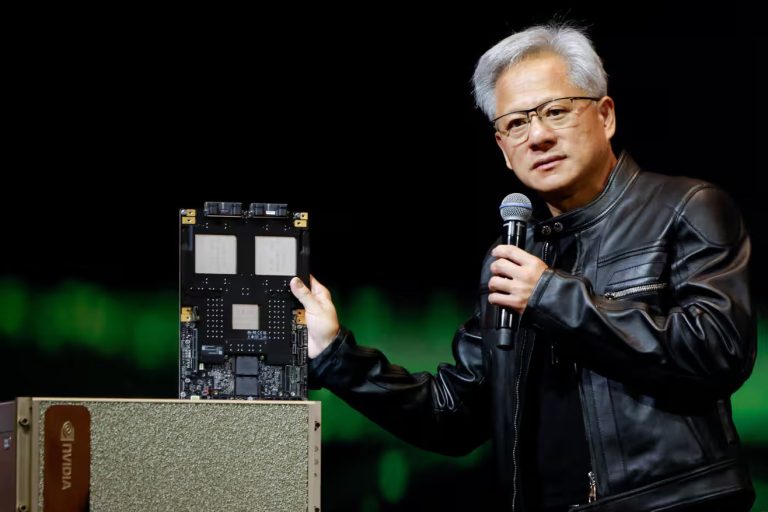US export controls on advanced chips have been a “failure,” Nvidia CEO Jensen Huang said at a tech forum on Wednesday, as the Chinese government lashed out at fresh US efforts to dissuade other countries from using Chinese-made technology.
Multiple US administrations have enacted limits on AI chip exports to China, aiming to slow Beijing’s military progress and preserve American leadership in AI. But speaking at the Computex tech show in Taipei, Huang said those measures have had the opposite effect—motivating China’s tech sector to move faster.
“China’s companies are incredibly skilled and driven. Export restrictions have only fueled their resolve, energized their development, and attracted strong government backing,” Huang told reporters at the event.
“In the end, I believe the export controls have failed,” he said. “China has a dynamic tech ecosystem. It’s important to understand that the country is home to half of the world’s AI researchers and is exceptionally strong in software.”
Nvidia, a top maker of advanced GPUs, has taken a major financial hit from the restrictions. Huang noted the company has forfeited “billions of dollars” in revenue and seen its market share in China’s AI chip space drop from nearly 95% early in the Biden administration to just 50%.
Last month, Huang made an unexpected trip to Beijing, where he met with Liang Wenfeng, founder of AI firm DeepSeek, and the head of the China Council for the Promotion of International Trade, according to Chinese and Western media.
His visit came shortly after the US imposed tighter rules that blocked Nvidia from shipping its H20 datacenter chips to China. These chips were specifically designed to comply with earlier restrictions but still fell under the scope of the new rules.
The US government said the updated guidelines were necessary to prevent the technology from being used in Chinese supercomputers. Huang’s meeting with Liang reportedly focused on designing new chips that would steer clear of triggering the latest US export rules.
Meanwhile, the Biden administration recently rolled back some restrictions on chip sales to China after pushback from other countries concerned about being cut off from crucial AI technology. Yet at the same time, it introduced new advisories warning nations that adopting Chinese-made AI chips—particularly Huawei’s Ascend line—could put them in violation of US laws.
In response, China’s Ministry of Commerce accused the US of “abusing export controls to suppress and contain China.” The ministry called the new guidance a case of “unilateral bullying and protectionism” that threatens the stability of the global semiconductor supply chain.
It further warned that any group or person that helps implement the US restrictions could face legal consequences under Chinese law.

